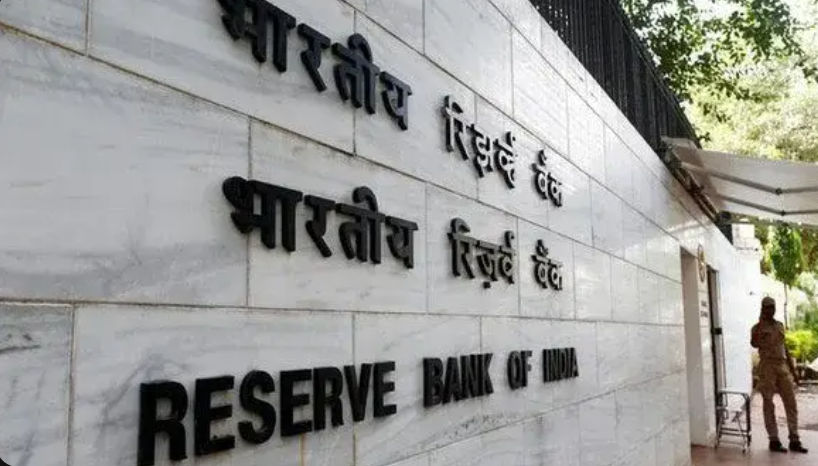The implementation of the Central Bank Digital Currency will be done in stages for the wholesale and retail segments, a Reserve Bank of India official told News18. The CBDC was announced earlier this year in the Union Budget 2022-2023 by Finance Minister Nirmala Sitharaman.
Part of the graded approach to introducing the CBDC will be initially via Proof of Concept tests, followed by pilots and finally the launch says the RBI’s Annual Report. Proof of Concept refers to the implementation of a suggested exercise to determine viability of a product or system, essentially, to see whether it can be turned into reality.
Also Read: ‘Limited privacy’ while using digital Yuan, says PBOC
A CBDC is a cash-like digital currency that is supposed to be used for retail transactions by users. While they are not meant to replace the current system of bank notes and coins immediately, they will certainly change the way current financial systems operate. In addition, a CBDC is a sovereign-backed currency which is the 1 to 1 equivalent to the fiat currency of a country.
The requisite amendments to the RBI Act, 1934 have been via the Finance Bill 2022, the executive director (fintech) of the RBI, Ajay Kumar Choudhary, told News18. The RBI has launched a pilot and issued the CBDC with the passage of the Finance Bill 2022, Choudhary said at an event last week. “RBI is also working on phased implementation of a central bank digital currency (CBDC) in both wholesale and retail segment,” Choudhary said at the PICUP Fintech Conference & Awards by FICCI.
According to the central banking institution, the digital currency will have to be at par with the bank’s policy towards financial stability while keeping in mind the efficiency of existing currency and payment systems. In addition to introducing the CBDC in stages, the RBI has set up the Reserve Bank Innovation Hub in an effort to “foster innovation in a sustainable manner and through an institutional set-up.” The RBI Innovation Hub is currently based out of Bangalore.







